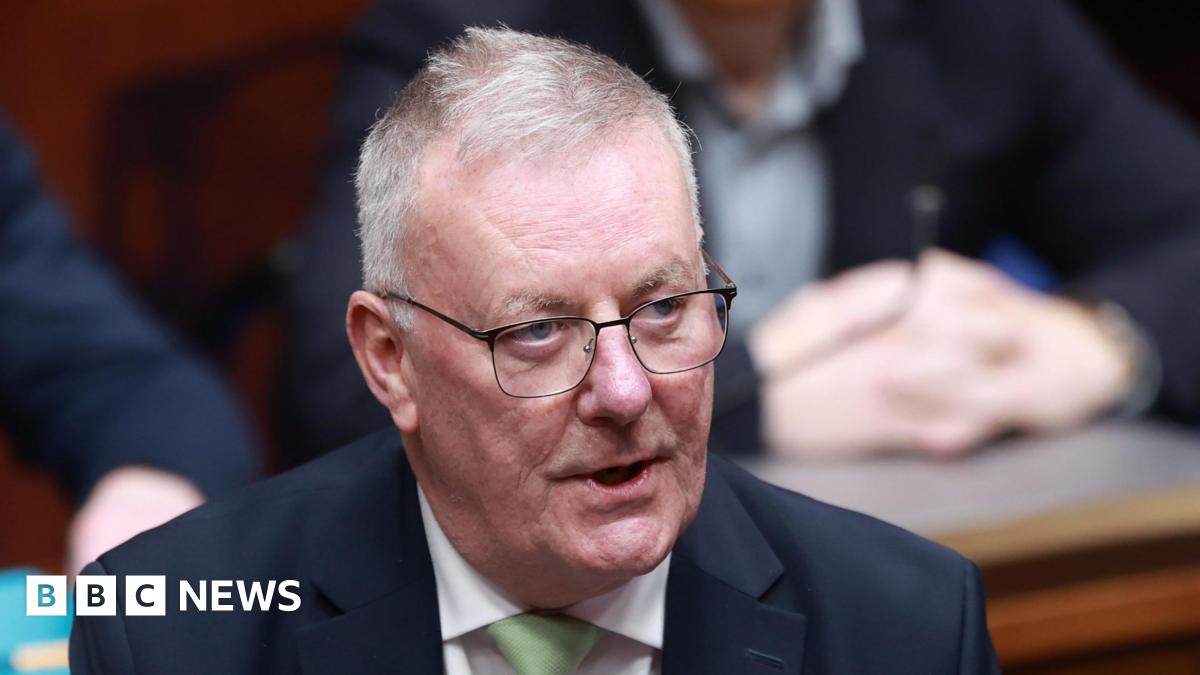The report included input from staff, by way of a questionnaire, which focused on the culture within the trust in relation to raising concerns.
It found that more than 2,000 staff experienced or witnessed inappropriate behaviour that they felt should be reported, but only about 700 formally reported their concerns.
The questionnaire, which 3,500 (17%) of staff responded to, found that most staff did not report an incident they witnessed because they believed nothing would change.
The report also found that while the rate of disciplinary, bullying and harassment cases have remained steady over the past five years, whistleblowing has shown a steady rise over the same period and legal claims against the trust have increased.
In June, the health minister put the trust on level five performance accountability, known as special measures, which is used in what he described as “only the most serious and exceptional cases”.
Earlier, he said the trust has been advised on the broad expectations that would form the Department of Health’s (DoH) “assessment of de-escalation” from those measures.
He said this would require a “significant demonstration of sustained improvement, implementation of all related recommendations for both cardiac surgery and across the trust where appropriate”.
He added that patients and the safety of services provided to them “must always be the overriding priority” and that the department will continue to monitor the trust’s commitment to this.

